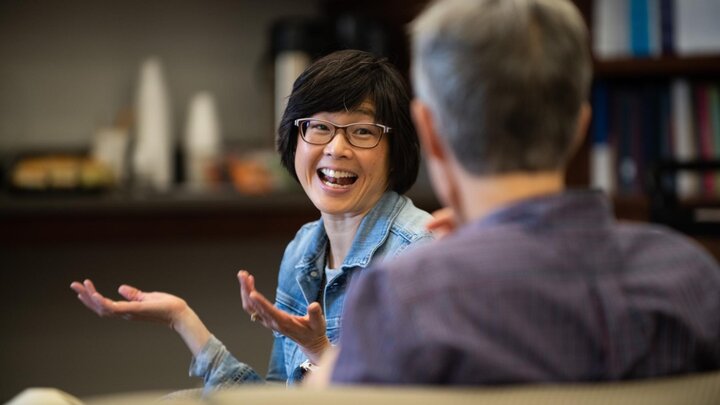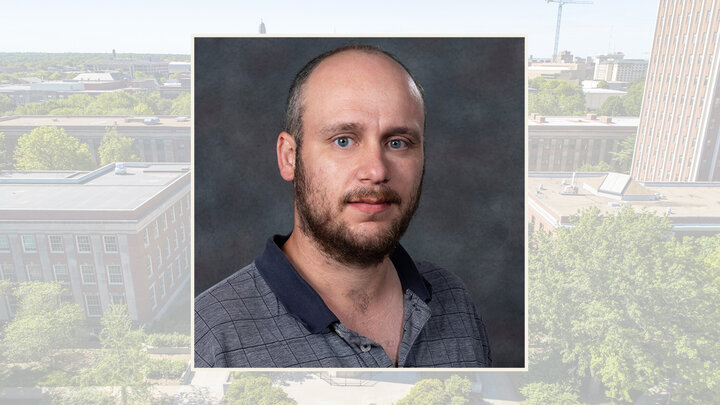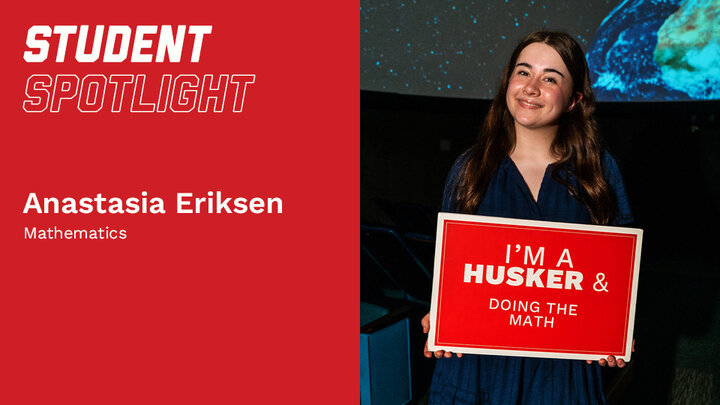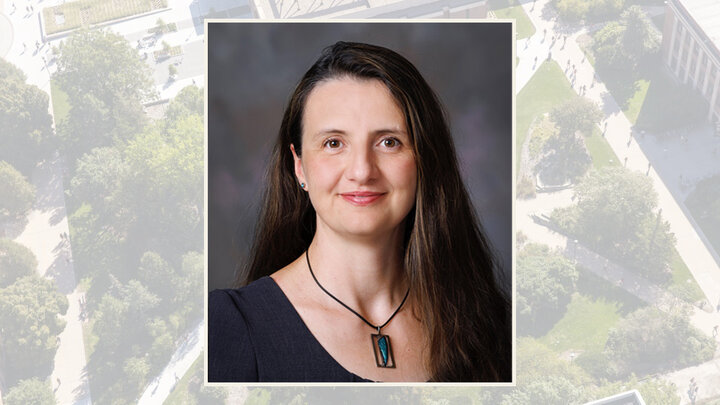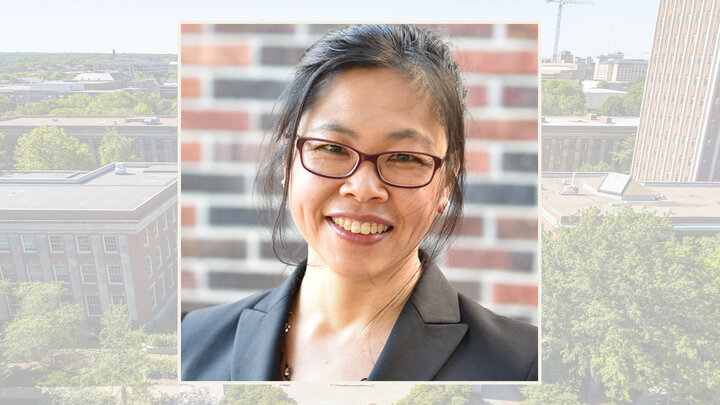The satisfaction that first came from solving problems in mathematics now fuels Joyce Yen in her pursuit to solve issues in equity, diversity, and inclusion at the faculty level.
Yen is the director of the University of Washington’s ADVANCE Center for Institutional Change, a program funded by the National Science Foundation that works to improve the academic climate for women not only at Washington, but also across the nation. Since 2003, Yen has helped lead 13 grants, worth a total of more than $6.7 million, to advance women faculty in science, engineering, and mathematics.
“I get to read the most interesting things. I synthesize knowledge across different disciplines and ‘teach out’ that knowledge in many different ways,” said Yen, a 1995 graduate of the University of Nebraska–Lincoln in mathematics. “I like being a connector. A lot of what I do is synthesizing and connecting information to someone else who might not know that information and to whom that information could be perspective-changing.”
After earning her master’s and doctoral degrees in industrial and operations engineering at the University of Michigan, Yen first came to Washington as a tenure-track assistant professor. Only a few months afterward, the ADVANCE grant was awarded. Yen joined its team about two years later and was named director in 2015.The Hastings native returned to Nebraska in October 2019 and spoke to UNL Math Club students about her perspective on the continual impact that identity can have on shaping mathematics.
“You might think math is just math, that it’s not something our identities impact, but in this book I just read called ‘The Invisible Women,’ the author shares a story of a female math professor who saw an analogy between crocheted patterns and the concept of hyperbolic planes,” Yen said. “Her experiences with knitting and crocheting informed her mathematical view of the world, and she created models that everybody can use in a way no one else had done before. That’s a beautiful example of, even when you think identity is not informing math, it is.”
Yen knows what kind of impact she likes to make—with work that is “high touch, high impact.” She often partners with administrators in diversity positions at the university level, but she finds herself most useful when she clearly understands the scope of her work and can “push the boundaries.”
While she focuses on faculty, everything she does has a parallel application to students.
“I think diversity positions are incredibly important. You have to have somebody at the table, at the highest level, in all of those important meetings, asking those questions,” said Yen, a winner of Washington’s College of Engineering Professional Staff Innovator Award in 2007 and the David B. Thorud Leadership Award in 2012. “Our vice dean says that ADVANCE can start to ‘socialize’ people. We socialize different conversations, ideas and concepts in a targeted way to science and engineering departments.”
Yen recently wrote about diversity and leadership for a blog. In her research, she has found that it’s not about getting diversity training, but rather it’s about receiving leadership training that helps people become informed about how to actively participate and think about their individual roles in either perpetuating or changing the status quo.
“How do we change structures and systems in large, and small, ways?” Yen said. “There are so many smaller things we can do that can positively move us in a positive direction, to start tilting us in a different way. If you’re from a well-represented group and all of your people look like you, then reach out and bring others who don’t look like you into your group.”
Yen’s fondest memories of college at Nebraska stem from her freshmen Honors Calculus course with Professor Tom Shores, where she met the highly talented cohort of students who are still her best friends today.
“Everyone knew who I was. I felt seen,” said Yen, a 2004 winner of the Outstanding Young Alumni Award from the Nebraska Alumni Association. “The department and the Honors program fostered community building amongst the students. I think the UNL math faculty praised the outstanding female students so readily that it never felt like they didn’t believe in us.”
Her senior honors thesis work with Professor Steve Dunbar on graduate student teaching-assistant scheduling also was published in the journal Mathematica in Education.
Dunbar, who was vice chair and teaching an operations research course at the time, recalled that before Yen took on this scheduling project, it used to take him three to five hours to make teaching assignments without any time conflicts.
“Once Joyce worked it all out, it got the process down to an hour or an hour and a half,” Dunbar said. “It drastically simplified my life and was much more efficient. Publishing her work in the journal made sure she got some credit and attention for the work that she did. We also worked with Jennifer Meyer, faculty in the College of Business, and Jennifer realized it was a version of the ‘assignment problem.’ Once she told Joyce how to go about it, that unlocked the gate and it went pretty easily from there.”
Yen, who also received an Academic All-American honorable mention in USA Today in 1995, can see the influence of pursuing a variety of interests in high school and college on the skills she now possesses. As a workshop facilitator, she credits an experience at Girls State where she watched a fellow classmate give a speech in which she intentionally turned and spoke to both sides of the room, equally, as an example of picking up skills in many different places.
“You just never know when you’re getting some nugget somewhere, some information, advice, or skill that you synthesize into who you are today,” Yen said.
